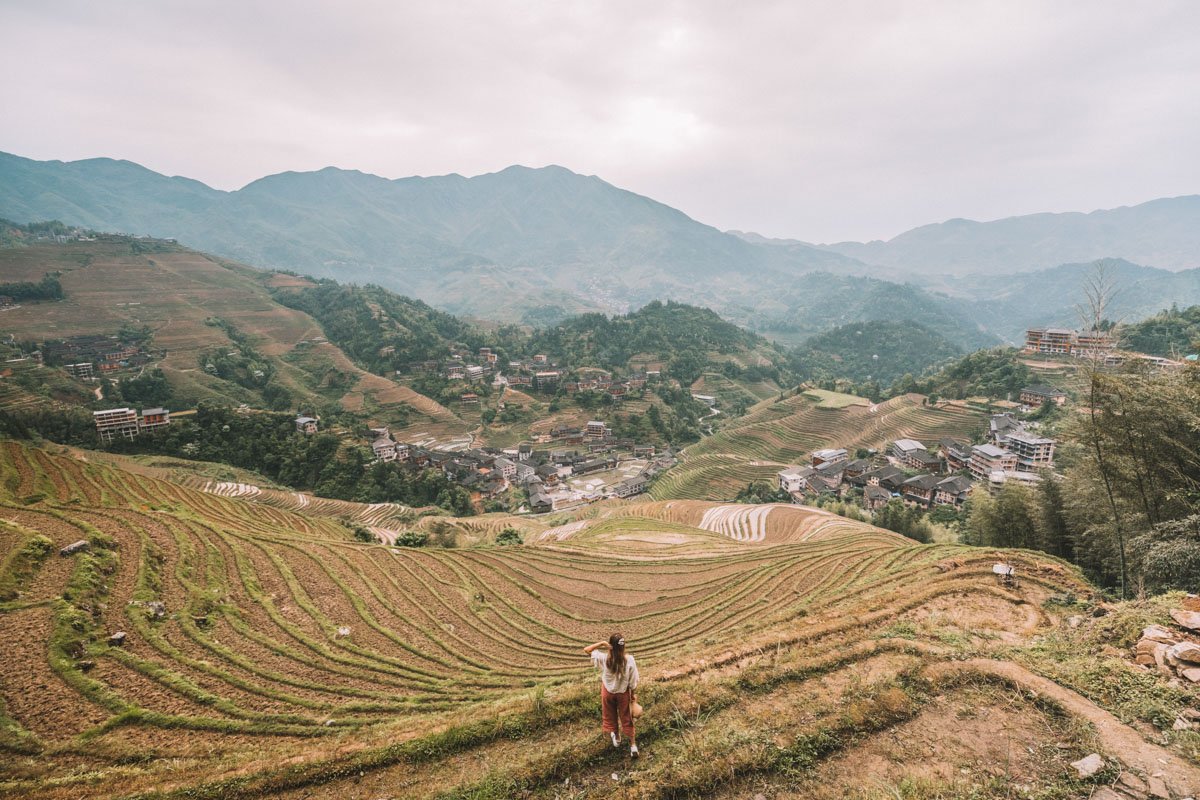10 Tips for travelling China for the first time!
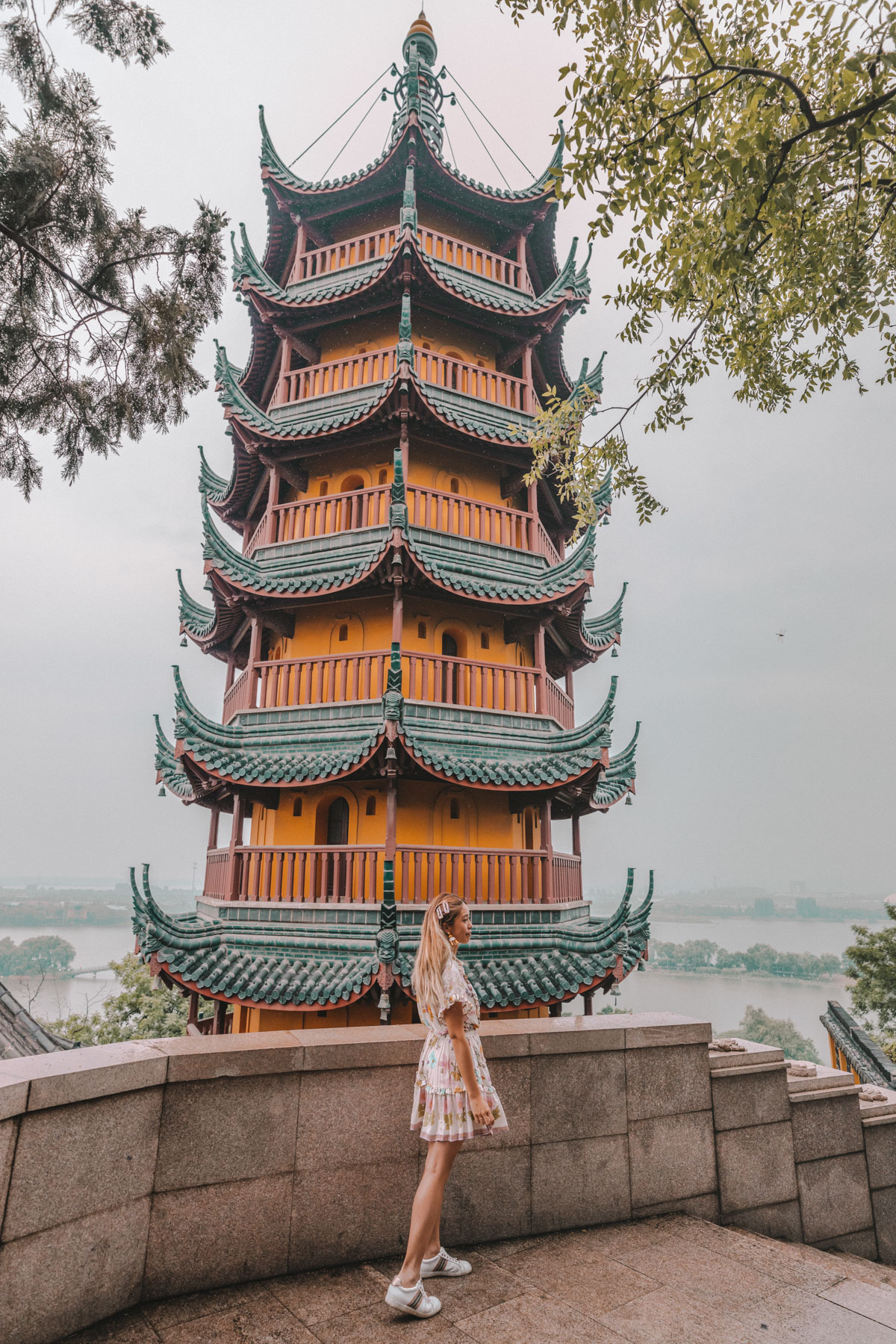
1. Bring Cash
Whilst most locals pay by WeChat pay with the simple scan of the phone, international tourists can't access WeChat pay unless they have a Chinese bank account and so for us tourists, cash is king in China. Make sure you remember this, because I found lots of places wouldn't even accept credit cards! It was either WeChat (via QR code scan), or cash.

2. Get a VPN
If you expect to stay connected and check your gmail, use google, use Instagram, Facebook and the like, then you'll need a VPN! After researching prior our trip, I settled on ExpressVPN as the best provider out there. It costs around $12 a month. This allows you to bypass the firewall and connect to all those banned sites however sometimes the VPN didn't always work.
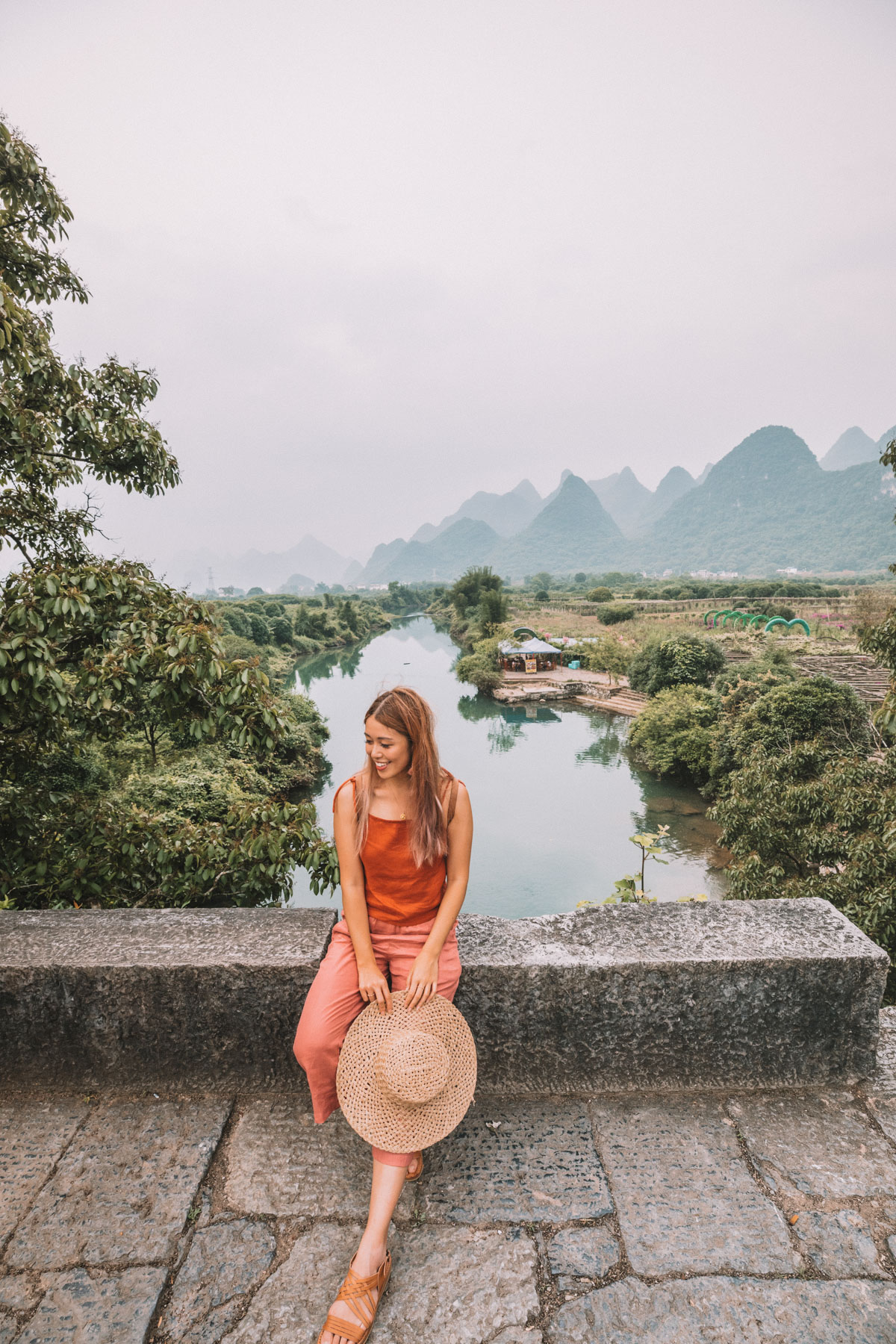
3. BYO toilet paper & toilet strategy
As someone who grew up in Australia, squat toilets are just not something I'm good at! So I'm relieved to report back that some of the more popular tourist attractions and larger toilet blocks now have western style toilets. Definitely look out for these. There are often symbols on each toilet door describing what kind of toilet they are and sometimes the western ones are hidden at the back.
Almost all public toilets in China do not supply toilet paper so make sure to bring your own toilet paper or pack of tissues wherever you go. Some toilets also don't have soap, so definitely carry hand sanitiser with you also.

4. Make time for navigating public transport
The public transport in China and especially Shanghai is ridiculously convenient, however the stations can be large so definitely make extra time to navigate them! If you are catching long distance trains, then make extra time because there is quite a procedure when it comes to entering the station which includes security checks, waiting rooms, and more.
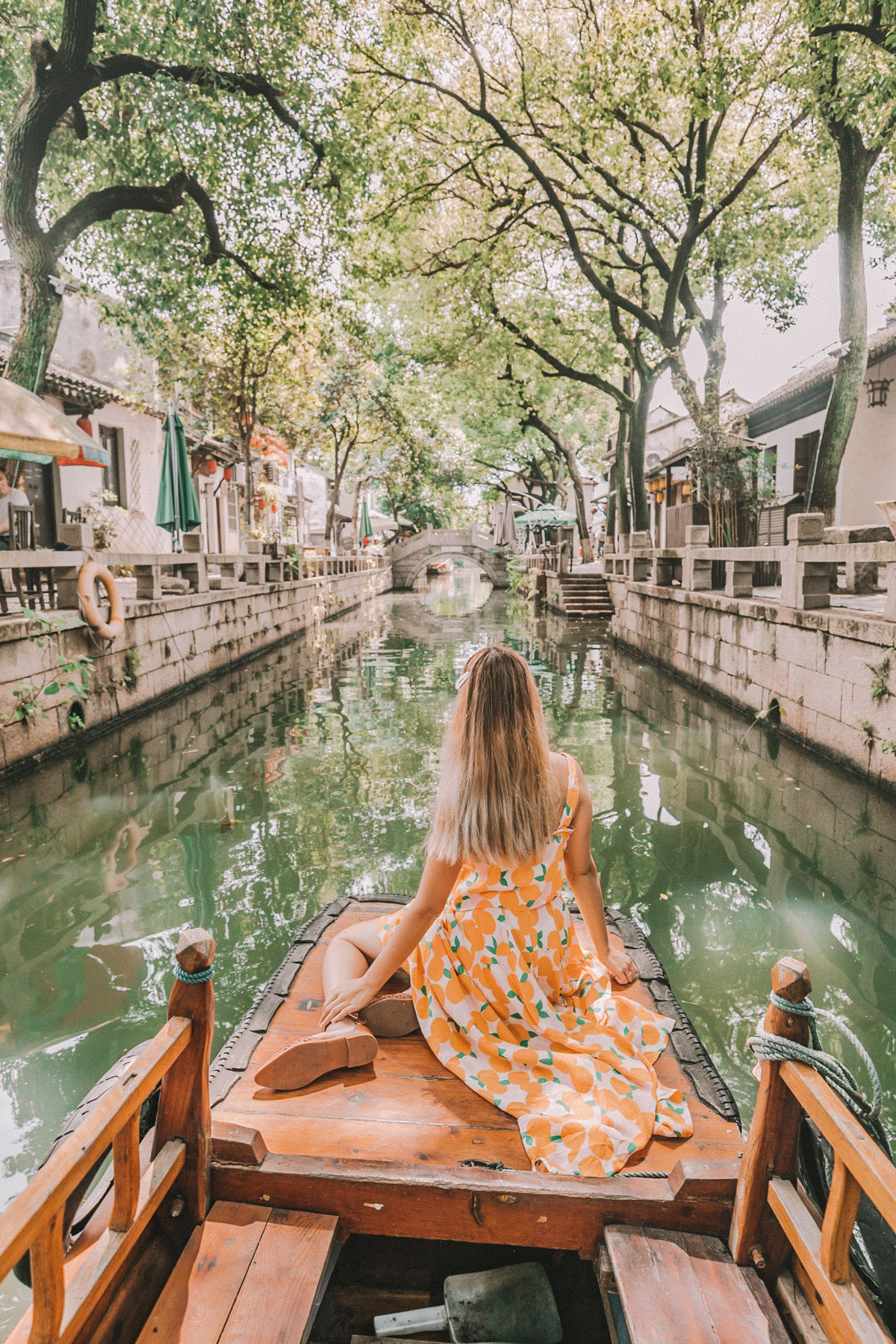
5. Food and accomodation is cheap!
For a country that is starting to become very developed especially in the major cities, food and accomodation is still quite cheap! You can get decent sized meals in local restaurants for $3-5 dollars per meal easy. So eat your hearts out, cause Chinese food is delicious!
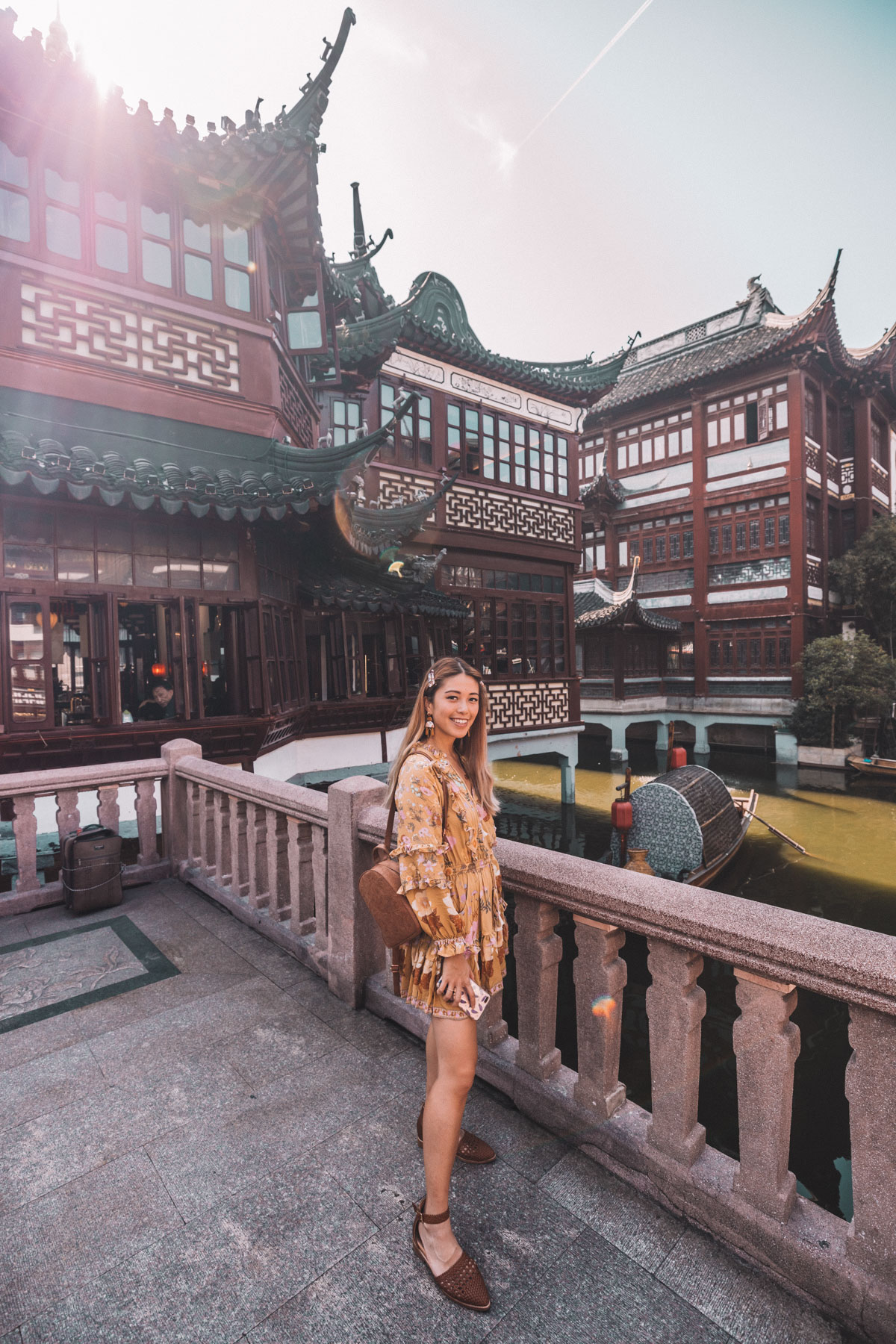
6. Taxis are cheap, but hard to catch
Whilst we're talking costs, taxi rides in China are also surprisingly cheap however they are quite hard to catch. You might find yourself in China trying to wave down numerous empty taxis only to have them pass you by. The reason for this is that 95% of taxis have been pre-booked using DiDi (the most popular taxi booking app used in China, kind of like Uber which is popular in Australia) and so most of them are on their way to a booking.
Unfortunately as an international tourist I don't think you can get the DiDi app either to use in China, as I think again you need a Chinese bank account for it to work. However, if you're patient enough, you'll eventually hail down a taxi. And those rides are super cheap.
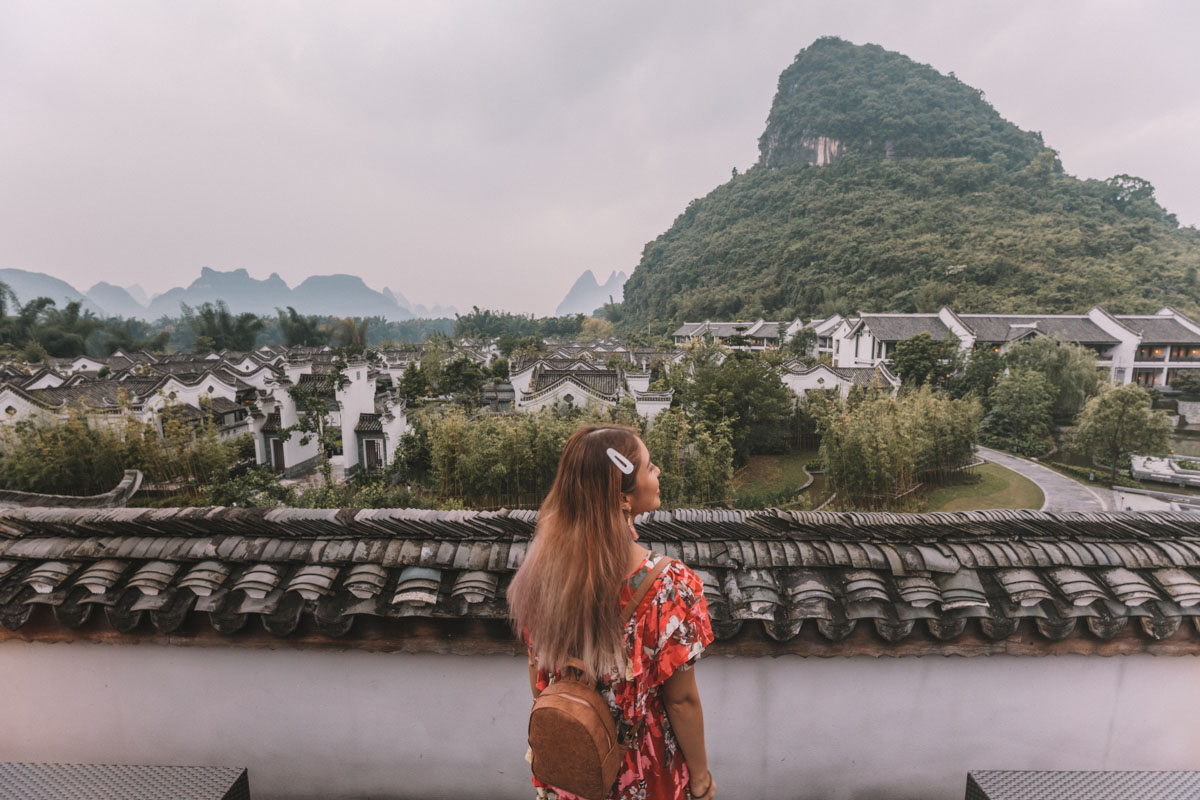
7. Boiling water
When you're looking for a water tap in public or at train stations, you're most likely to find boiling water instead of cold water! This is because water is not drinkable straight from the tape in China, and so cold water is better found bottled in shops (or boil it yourself at the hotel).
However, this boiling water is especially useful for two things. 1) Tea and 2) Cup noodles! I was so confused when I was at a train station once and saw numerous people eating cup noodles with fresh hot soup. It was only after I passed by a boiling water tap that I realised where everyone was getting the hot water from. I swear these boiling water taps are even set up for making cup noodles, because some of them looked like they were being housed in a mini kitchenette!
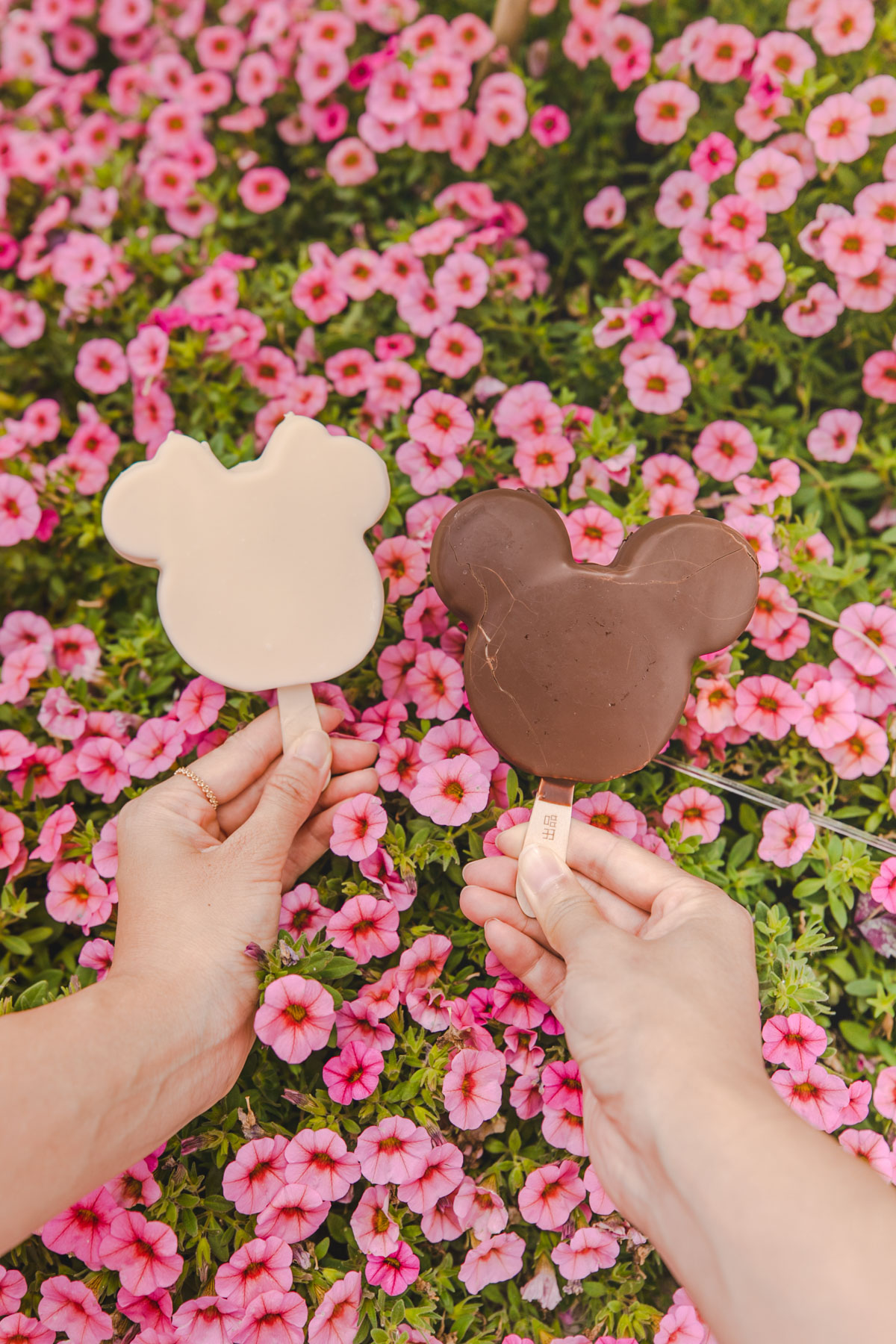
8. Forget about waking up early to beat the crowds
The Chinese are early risers. I've never seen places so busy in the morning as I did when in China. I've heard that tour buses to Zhangjiajie sometimes start their itineraries at 6am in the morning! There's always going to be people wherever you go in China, so I guess I just got used to it.
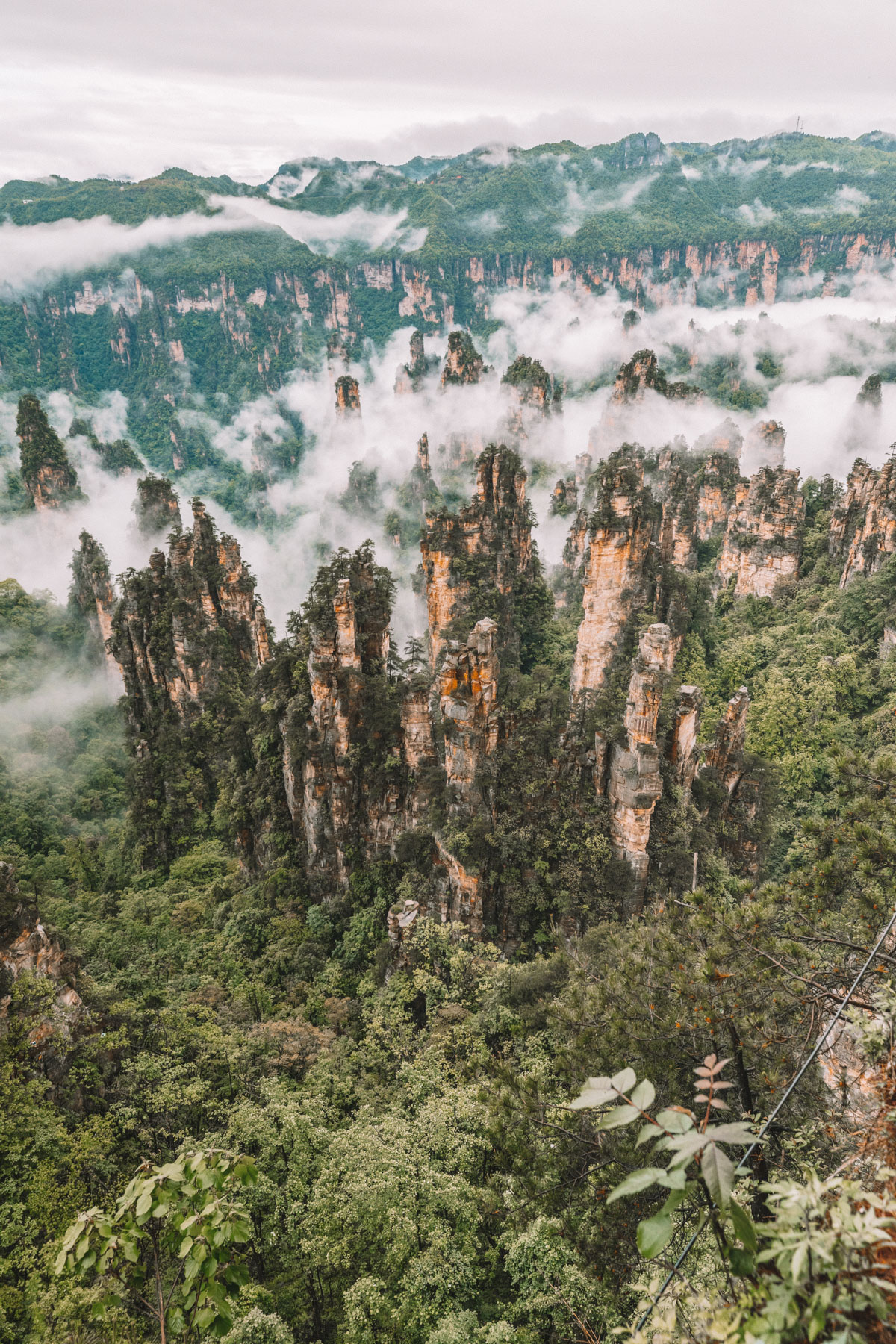
9. Avoid national holidays
China is already crowded as it is so don't make it worse for yourself when travelling! Look out for Chinese national public holidays like Chinese New Year, Labour Day, National Day etc and avoid travelling during these dates. Locals get numerous days off in a row for these holidays and like to spend these holidays travelling locally within China so most of the tourist attractions become extremely busy!
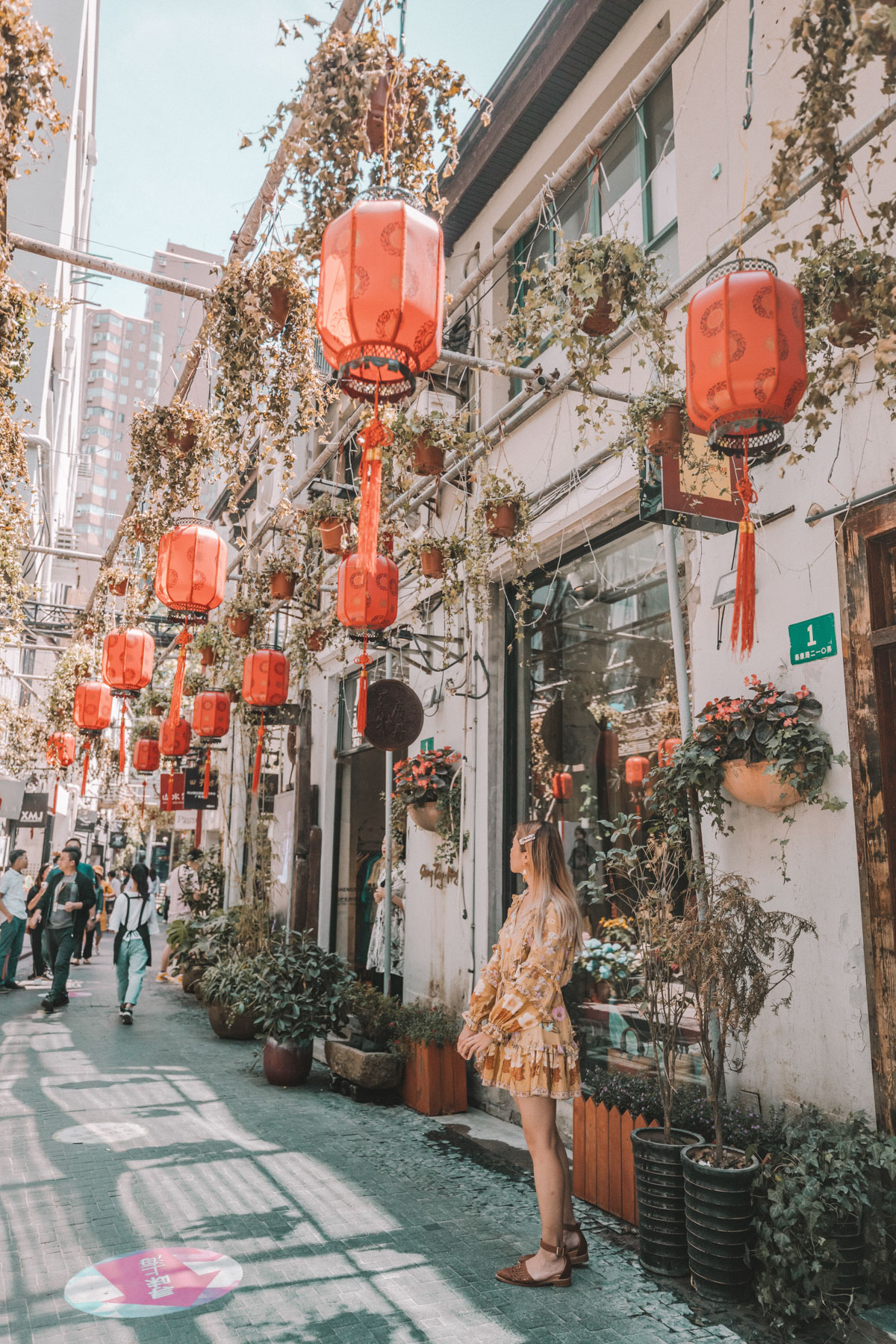
10. Language
English isn't the first language in China so when you're in smaller cities and rural areas, it's likely you'll need to know some mandarin. I'm lucky in that I can speak mandarin, however if you can't, maybe have handy a few translated phrases or a translator app! It can be difficult to get around otherwise in some of the less travelled places. However in big cities like Shanghai you'd have know problems!
